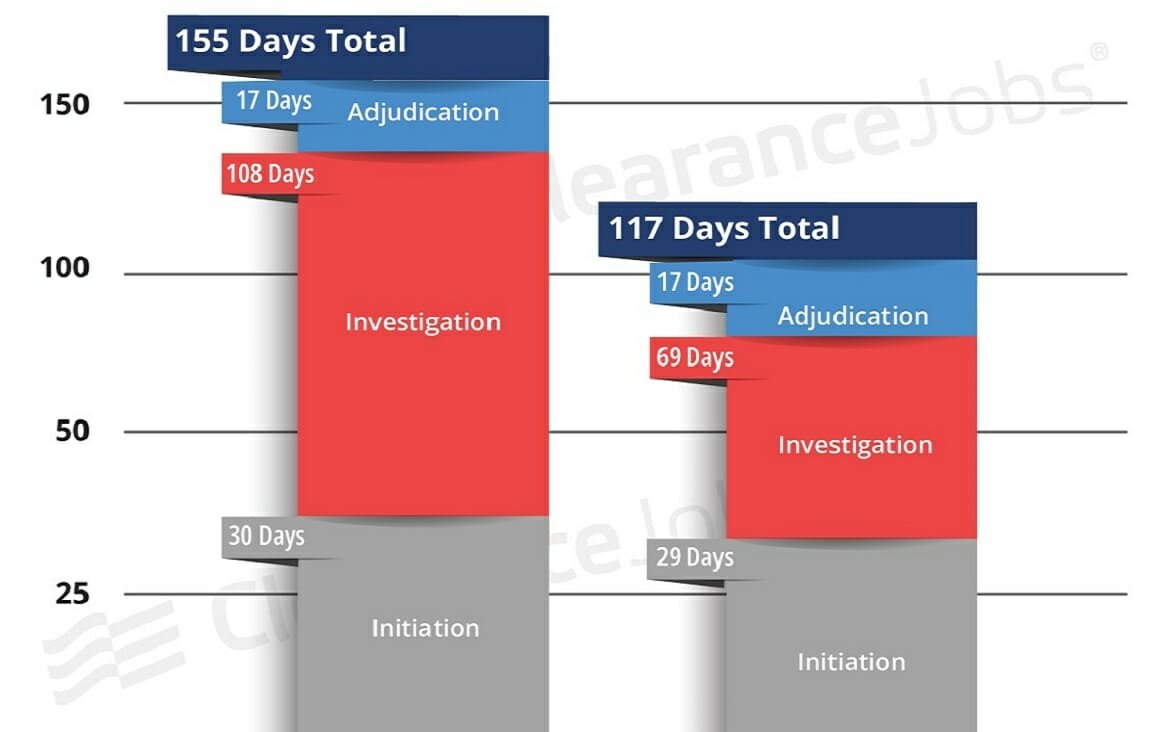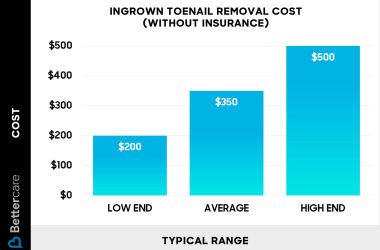Secret clearances typically last for a period of ten years. Renewal of these clearances is necessary to maintain access to classified information. The process involves a thorough review of the individual’s background and behavior. Understanding how long do secret clearances last is crucial for individuals working in sensitive government roles. It is essential to stay informed about the renewal process to ensure continued eligibility for accessing classified materials.
How Long Do Secret Clearances Last?
Have you ever wondered how long a secret clearance lasts? If you’re curious about the duration of this important security clearance, you’ve come to the right place. In this comprehensive guide, we’ll delve into the ins and outs of secret clearances, exploring their validity period, renewal process, and more. Let’s uncover the mysteries behind how long secret clearances last.
What is a Secret Clearance?
Before we delve into the duration of secret clearances, let’s first understand what a secret clearance actually is. In simple terms, a secret clearance is a level of security clearance that provides access to classified information that could cause serious damage to national security if disclosed without authorization. It’s a crucial requirement for individuals working in positions that involve handling sensitive or classified information.
Individuals with secret clearances undergo a thorough background check to ensure they are trustworthy and reliable enough to access classified information. This process includes a review of personal and professional history, criminal records, and other pertinent information.
How Long Does a Secret Clearance Last?
Now, let’s address the burning question: How long does a secret clearance last? A secret clearance is typically valid for a period of 10 years. However, this doesn’t mean that you automatically lose your clearance after a decade. Instead, it means that your clearance needs to be reviewed and renewed every 10 years to ensure you still meet the necessary criteria to hold a secret clearance.
Renewal Process
When your secret clearance approaches its expiration date, you will need to undergo a renewal process to maintain your clearance status. The renewal process involves updating your background information, undergoing another security clearance investigation, and demonstrating that you still meet the requirements for holding a secret clearance.
During the renewal process, your security clearance may be temporarily extended until a final decision is made. It’s essential to ensure that you submit all required documentation and information in a timely manner to prevent any interruptions in your clearance status.
Factors Affecting Clearance Validity
While secret clearances are generally valid for 10 years, certain factors can affect the validity of your clearance. Changes in personal circumstances, such as criminal activities, financial difficulties, or other behavior that raises security concerns, can impact the status of your clearance.
It’s important to maintain a clean record and adhere to the highest standards of conduct to ensure that your secret clearance remains valid. Any issues that may arise during your clearance period should be promptly reported to the appropriate authorities to prevent any potential jeopardization of your clearance status.
Reinstatement Process
If your secret clearance is revoked or suspended due to certain issues, you may have the opportunity to undergo a reinstatement process to regain your clearance status. The reinstatement process typically involves addressing the concerns that led to the revocation or suspension of your clearance and demonstrating that you have taken steps to mitigate any security risks.
While the reinstatement process can be challenging, it is possible to regain your secret clearance with dedication and a commitment to upholding security protocols and standards.
Importance of Secret Clearances
Secret clearances play a vital role in ensuring the security and integrity of classified information. Individuals holding secret clearances are entrusted with sensitive data that could have far-reaching implications if disclosed improperly.
By maintaining a valid secret clearance and adhering to security protocols, individuals contribute to national security efforts and uphold the trust placed in them by the government and their respective organizations.
In conclusion, secret clearances typically last for 10 years and require renewal to remain valid. The renewal process involves updating background information and undergoing another security clearance investigation to ensure continued eligibility for holding a secret clearance.
It’s essential to understand the importance of secret clearances and the responsibilities that come with holding such a clearance. By following security protocols, maintaining a clean record, and promptly addressing any issues that may arise, individuals can help uphold national security efforts and protect sensitive information.
Remember, holding a secret clearance is a privilege that comes with great responsibility. By staying informed and following the necessary procedures, you can ensure that your clearance remains valid and that you continue to contribute to the safeguarding of classified information.
How Long Does Top Secret Clearance Last? – SecurityFirstCorp.com
Frequently Asked Questions
How long does a secret clearance typically remain valid?
A secret clearance usually remains valid for a period of 10 years. After this time, individuals must go through a re-evaluation process to renew their clearance.
What happens if a secret clearance expires?
If a secret clearance expires, the individual may no longer have access to classified information or secure facilities until the clearance is renewed. It is important to keep the clearance active to continue working in roles that require access to classified information.
Is there a grace period for renewing a secret clearance after it expires?
There is typically a grace period of up to two years after a secret clearance expires during which individuals can initiate the renewal process. However, access to classified information may be restricted until the clearance is renewed.
Can a secret clearance be revoked before it expires?
Yes, a secret clearance can be revoked before it expires if there are security concerns or if the individual no longer needs access to classified information. The granting agency has the authority to revoke clearances based on changing circumstances.
Final Thoughts
In conclusion, secret clearances typically last for 10 years. It is important to keep track of the expiration date and start the renewal process in a timely manner. Maintaining a valid clearance may require periodic updates and review of personal information. Remember to plan ahead to ensure that your clearance remains active and up to date. How long do secret clearances last is a question that professionals need to be aware of to continue working in sensitive government roles.












